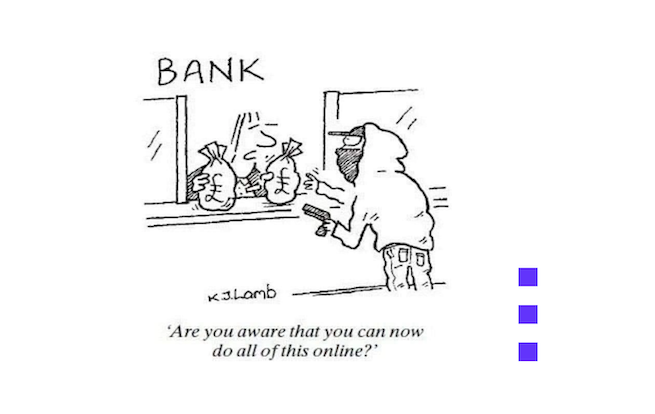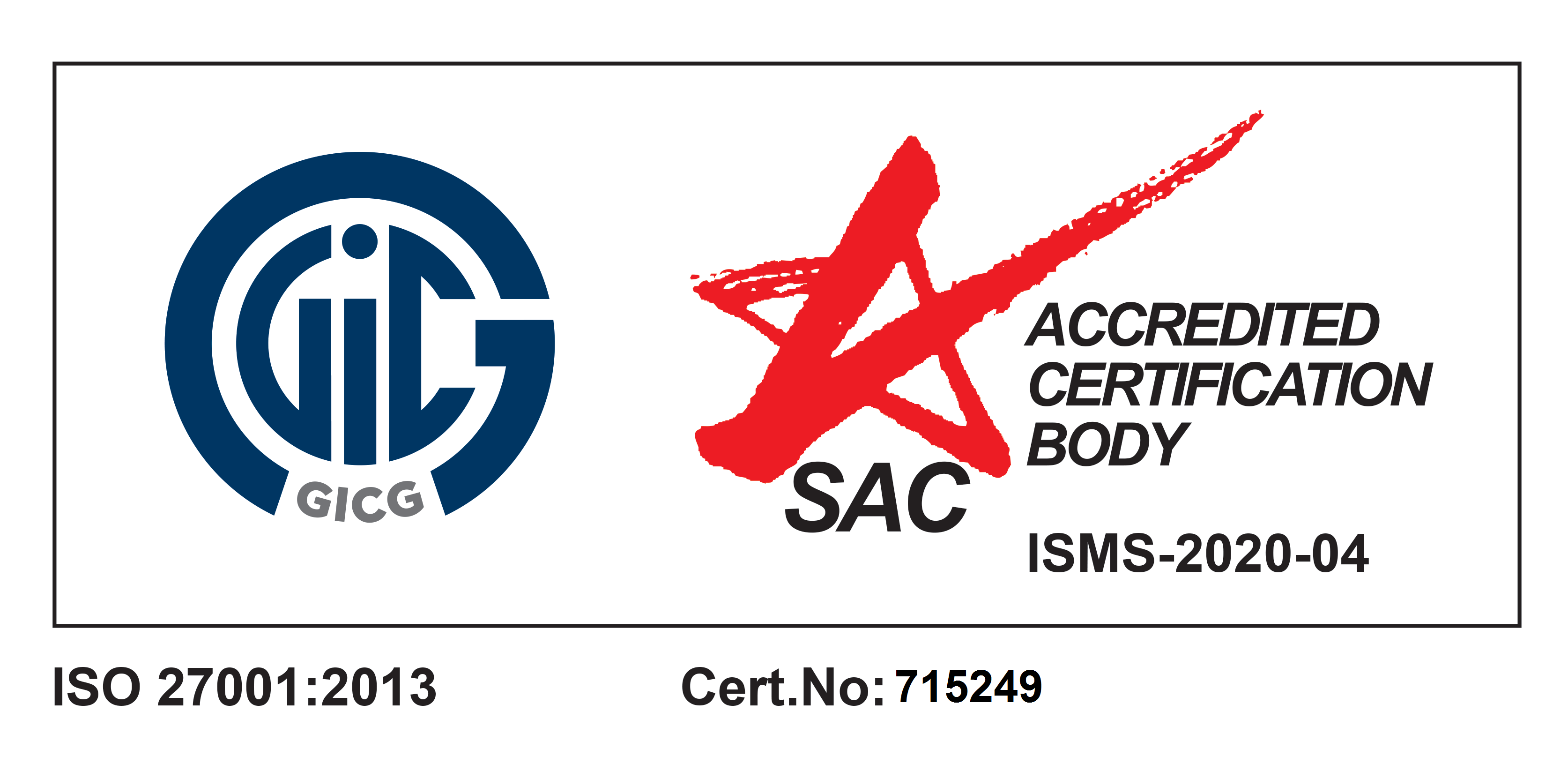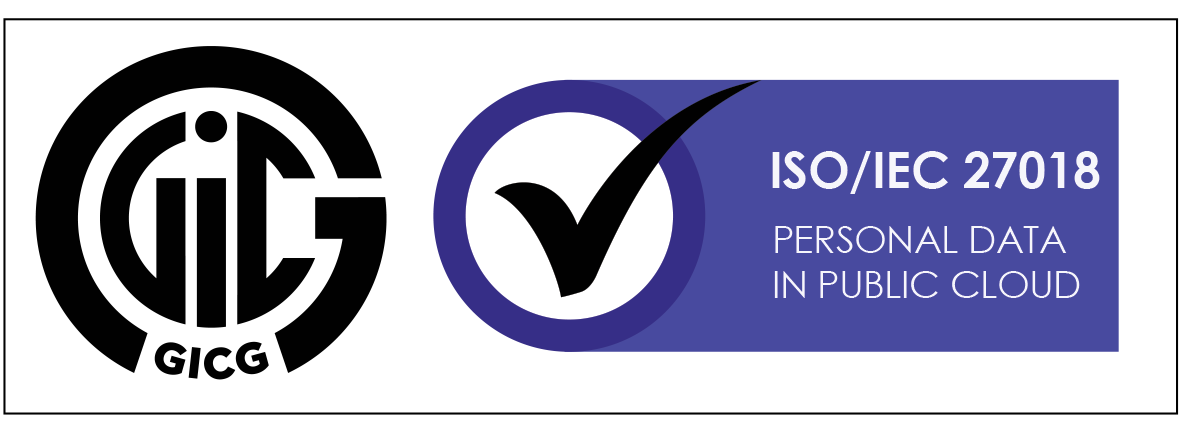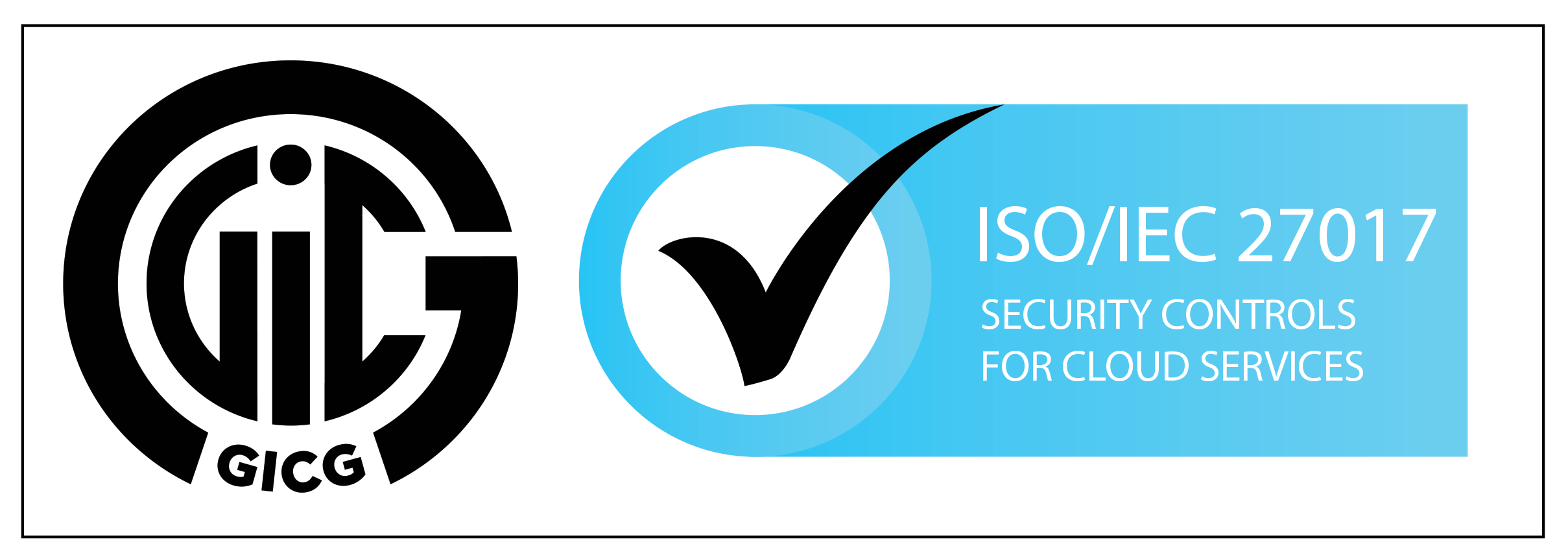In today's interconnected world, where digital transactions and data exchanges have become the norm, trust has emerged as the cornerstone of successful business operations. Companies that prioritize establishing and maintaining digital trust gain a competitive advantage in the marketplace. One technology that has revolutionized digital trust is blockchain. This decentralized and immutable ledger has gained significant traction across industries due to its unparalleled security and transparency. In this article, we will explore the importance of digital trust in business processes, outline the benefits it brings, and delve into why blockchain is the preferred choice for fostering digital trust.
Importance of Digital Trust in Business Processes:
Digital trust encompasses the confidence and reliance that businesses and individuals have in the integrity, security, and reliability of digital interactions. In an era plagued by data breaches, privacy concerns, and online fraud, fostering trust has become a pressing need for organizations. Establishing digital trust in business processes has several key benefits:
- Enhanced Customer Confidence: Trust is the bedrock of successful customer relationships. By prioritizing digital trust, companies demonstrate their commitment to safeguarding customer data and ensuring secure transactions. This, in turn, fosters customer confidence, leading to increased customer loyalty and repeat business.
- Strengthened Partnerships: Trust is not limited to customer relationships but extends to partnerships with suppliers, vendors, and other stakeholders. Establishing digital trust can help build stronger and more collaborative partnerships, driving innovation and mutual growth.
- Regulatory Compliance: With an ever-increasing focus on data protection and privacy regulations, such as the General Data Protection Regulation (GDPR) and the California Consumer Privacy Act (CCPA), companies that prioritize digital trust can ensure compliance and avoid legal and financial repercussions.
- Operational Efficiency: Trust is a catalyst for streamlining business processes. By eliminating unnecessary intermediaries, reducing transaction costs, and enhancing transparency, digital trust enables organizations to optimize their operations and improve efficiency.
Why Blockchain is the Choice of Digital Trust:
Blockchain technology has emerged as the preferred solution for fostering digital trust in business processes due to several compelling reasons:
- Immutability and Transparency: Blockchain's decentralized nature and cryptographic algorithms ensure that once information is recorded on the blockchain, it cannot be tampered with. This immutability and transparency provide an auditable trail of every transaction, enhancing trust among all participants.
- Enhanced Security: Blockchain's use of cryptographic techniques and consensus mechanisms makes it highly secure. The distributed nature of the technology makes it resistant to hacking, fraud, and unauthorized access, reducing the risk of data breaches and ensuring the integrity of digital interactions.
- Trust through Consensus: Blockchain achieves trust through consensus mechanisms, such as proof-of-work or proof-of-stake, where participants validate and agree on the state of the ledger. This eliminates the need for intermediaries, reducing costs and enhancing trust among participants.
- Decentralization and Resilience: Blockchain operates on a distributed network of nodes, making it resilient to single points of failure. The decentralized nature of blockchain ensures that no single entity can control or manipulate the data, enhancing trust in the system.
Conclusion:
In an increasingly digital and interconnected world, establishing digital trust is paramount for organizations across industries. By embracing digital trust and leveraging blockchain technology, companies can reap the benefits of enhanced customer confidence, strengthened partnerships, regulatory compliance, and operational efficiency. The inherent features of blockchain, such as immutability, transparency, security, and decentralization, make it the ideal choice for fostering digital trust in business processes. As the business landscape continues to evolve, organizations that prioritize digital trust through blockchain technology will thrive in an environment built on transparency, security, and reliability.
.svg.png)





_Full Colour.png)



